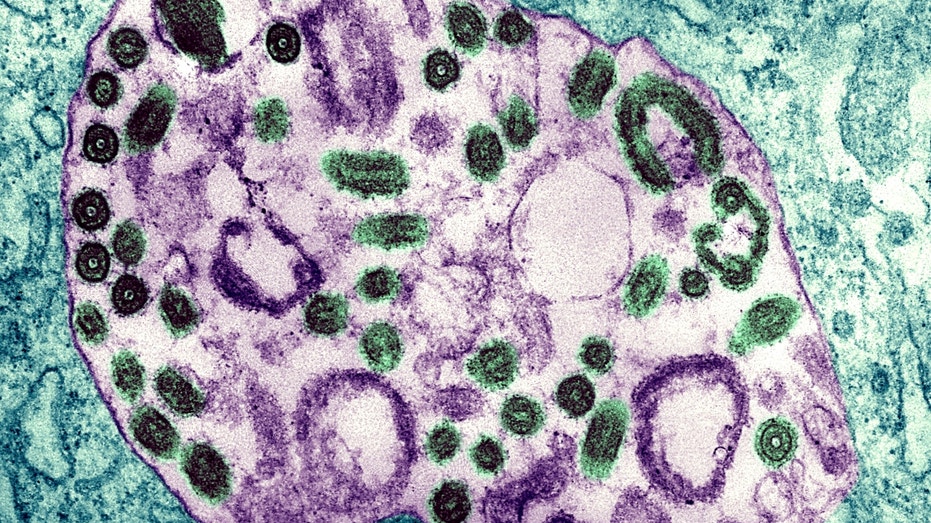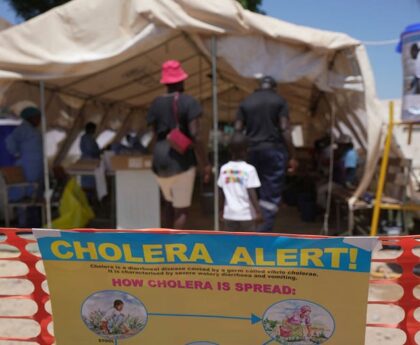The U.S. Centers for Disease Control and Prevention (CDC) published a warning about the rare Ebola-like Marburg virus Thursday, advising American public health officials and doctors to be on the lookout.
There are two confirmed outbreaks of Marburg virus disease (MVD) in Tanzania and Equatorial Guinea. The CDC says the pathogen likely spilled over from wild animals to humans.
There have been no reported Marburg diagnoses in the U.S., but the CDC seeks to “increase awareness of the risk of imported cases in the United States.”
The disease is usually spread through contact with infected blood or other bodily fluids rather than airborne transmission.
PRIOR COVID INFECTION PROVIDES JUST AS MUCH PROTECTION AS VACCINES, NEW STUDY FINDS
“Currently, the risk of MVD in the United States is low; however, clinicians should be aware of the potential for imported cases,” the CDC said.
The disease has epidemic potential, according to the World Health Organization (WHO). It has high fatality rates — out of eight Tanzanian cases reported so far, five of the patients died.
Equatorial Guinea officials reported their first outbreak Feb. 13, where there have been 14 confirmed cases and 10 deaths. The Tanzanian government announced its first-ever outbreak of MVD on March 21.
SILENT PANDEMIC’ WARNING FROM WHO: BACTERIA KILLING TOO MANY PEOPLE DUE TO ANTIMICROBIAL RESISTANCE
Symptoms include headache, fatigue, sudden fever, unexplained bleeding and gastrointestinal symptoms. Muscle and joint pain and loss of appetite are also common.
The incubation period is usually two to 21 days. The CDC noted that the disease is sometimes difficult to diagnose.
“Many of the signs and symptoms of MVD are similar to other infectious diseases (such as malaria or typhoid fever) or viral hemorrhagic fevers that may be endemic in the area (such as Lassa fever or Ebola),” the CDC said. “This is especially true if only a single case is involved.”
The CDC says the disease’s mortality rate is anywhere from 23% to 90%. There is no Food and Drug Administration (FDA) approved vaccine for the disease, but fluid replacement and intensive supportive care in its early stages can be successful.
Article Source: Health From Fox News Read More




